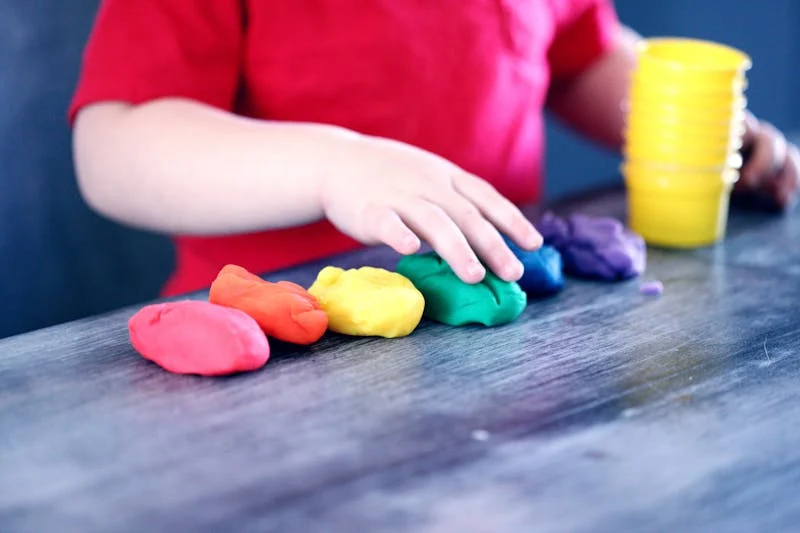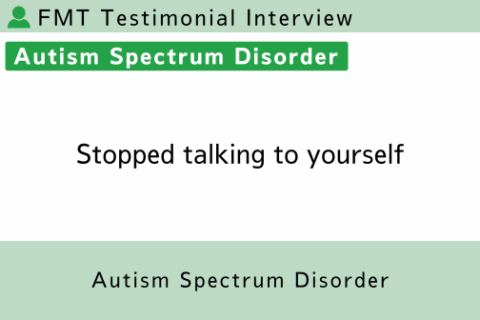Mr. O and his family have been suffering from autism spectrum disorder such as high anxiety, sensory sensitivity (especially auditory sensitivity), inability to act in groups, inability to play with children of the same age, and poor communication although he has a good vocabulary.
We asked Mr. O’s family about the changes that occurred after the intestinal flora transplant.
Profile
Boy
Name of disease: Autism spectrum disorder
Transplant period: June 13, 2023 – July 18, 2023
Transplant course: 6 transplants
Attending physician in charge of transplantation:Yuakai Medical Corporation, Cute Internal Medicine Clinic
Post-transplant diagnosis: Moderate improvement of symptoms
Q1. What changes have you seen in your child through all six sessions of the intestinal microflora transplant (hereafter referred to as FMT)? In particular, please tell us about changes in his/her interactions with people and behavior.
I am now able to act in groups. There is less individual coaxing and a wider range of activities with everyone. Their interest in people has also increased, and changes can be seen in their daily lives. For example, they are now paying attention to what the teacher is saying and paying attention to the movements of the people around them. I feel that the areas that I was originally weak in are improving.

Q2. Have you seen any improvement in your sensory sensitivity symptoms?
Yes, there was improvement. In particular, my auditory sensitivity has been reduced. I used to be very sensitive to the sound of trains and motorcycles, and would often hide when I heard them, but this has calmed down.
Q3. Have there been any changes in your child’s constipation symptoms?
Constipation symptoms still persist. With the new school year coming up, she may be more sensitive to changes in her environment. Water intake is about the same as before, but I am taking it.

Q4. Were there any difficulties or challenges in participating in clinical research?
It was difficult to obtain a medical certificate. It was hard to get an appointment at the clinic. However, fortunately, I found a good doctor. The doctor had been doing research on autism since his university days, and when I told him about my clinical research, he became interested in the relationship between autism spectrum disorder and intestinal microflora. We plan to continue seeing that doctor about once every 3-4 months. After seeing the results, I would like to consider additional transplants.
Translated with DeepL.com (free version)
Q5. Do you have any comments or suggestions about FMT that you would like to see improved in the future?
At first, he was reluctant to go to the doctor’s office due to sensory sensitivity. I still find it burdensome to visit the doctor and receive treatment, so if possible, I would like it if it were possible to take a medicine. It would be nice if there was a simple method that could be done at home, even if it is not by mouth. For example, if it were possible to insert an enema at home, I think it would be good to reduce the number of visits to the hospital. However, as the sessions went on, my resistance to going to the hospital decreased. Toward the end, when I said, “I’m going to see Dr. Kawai,” the child looked forward to it.
















